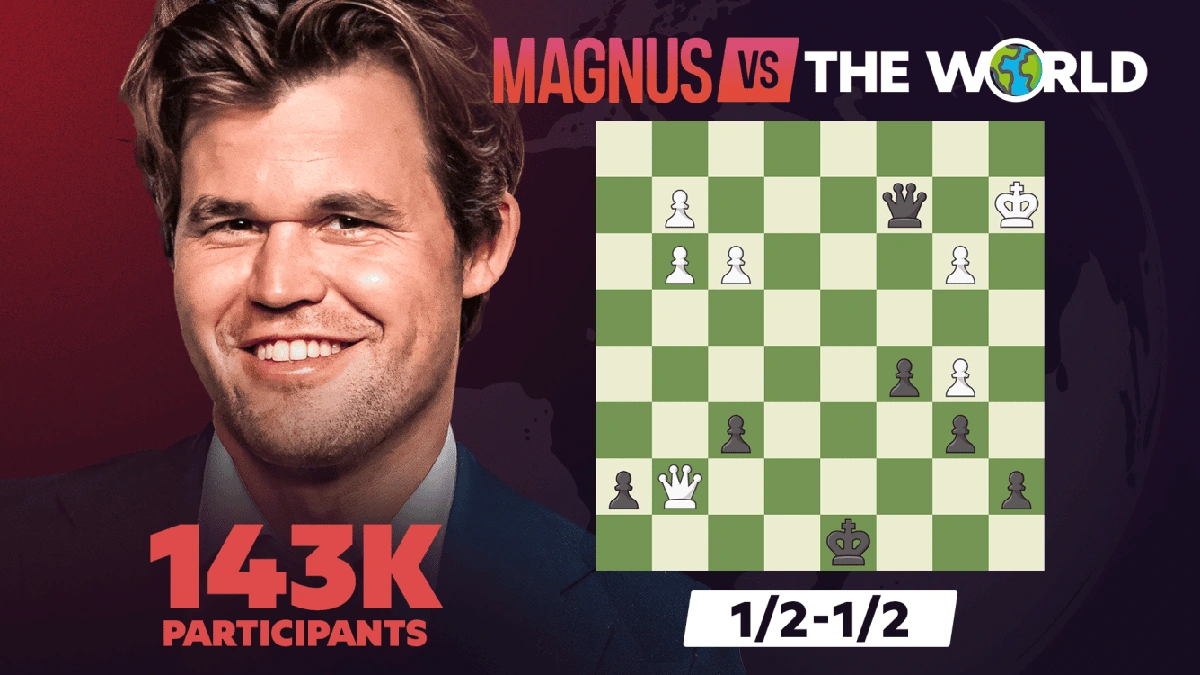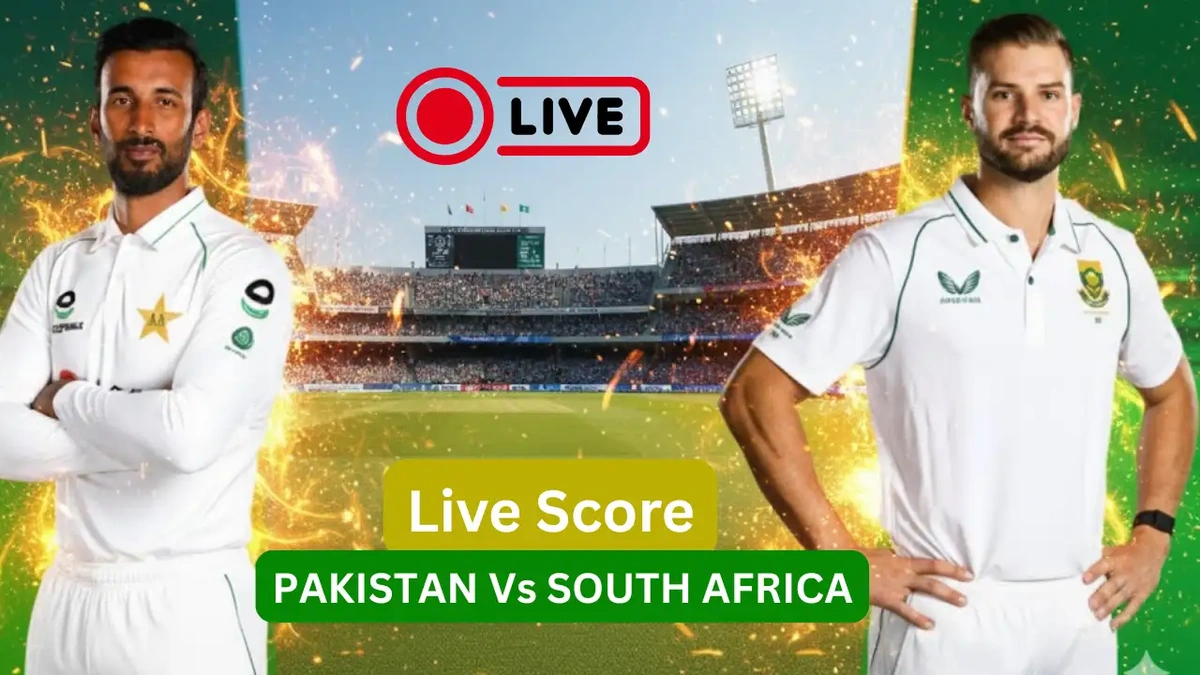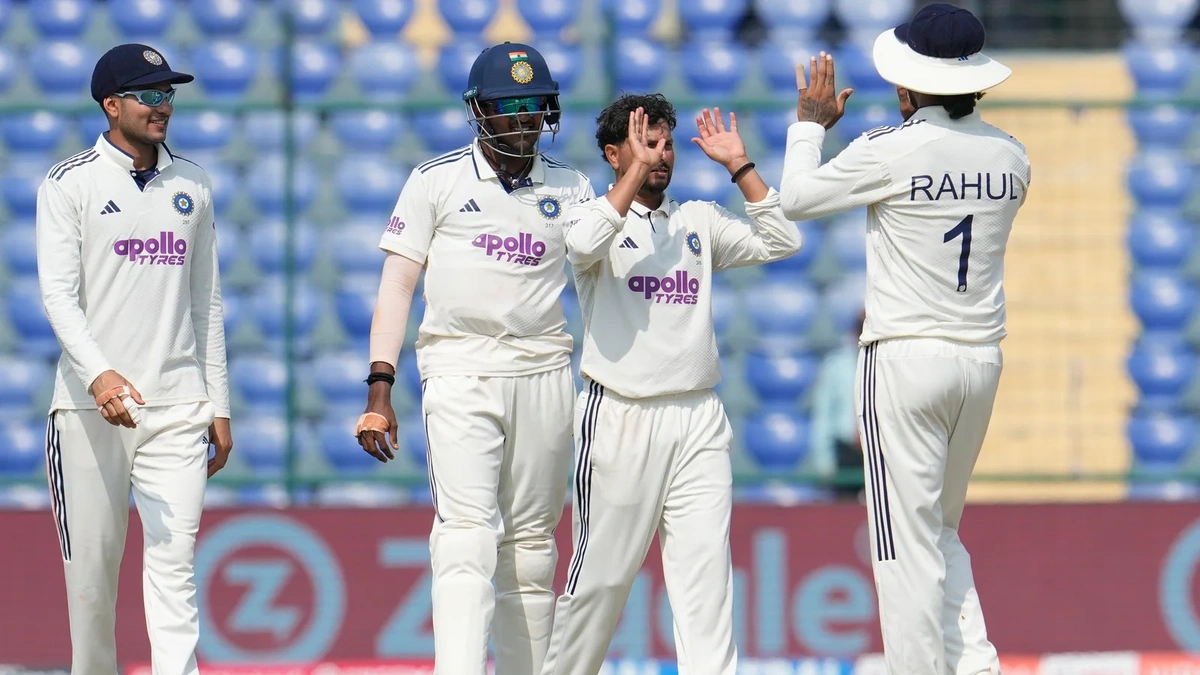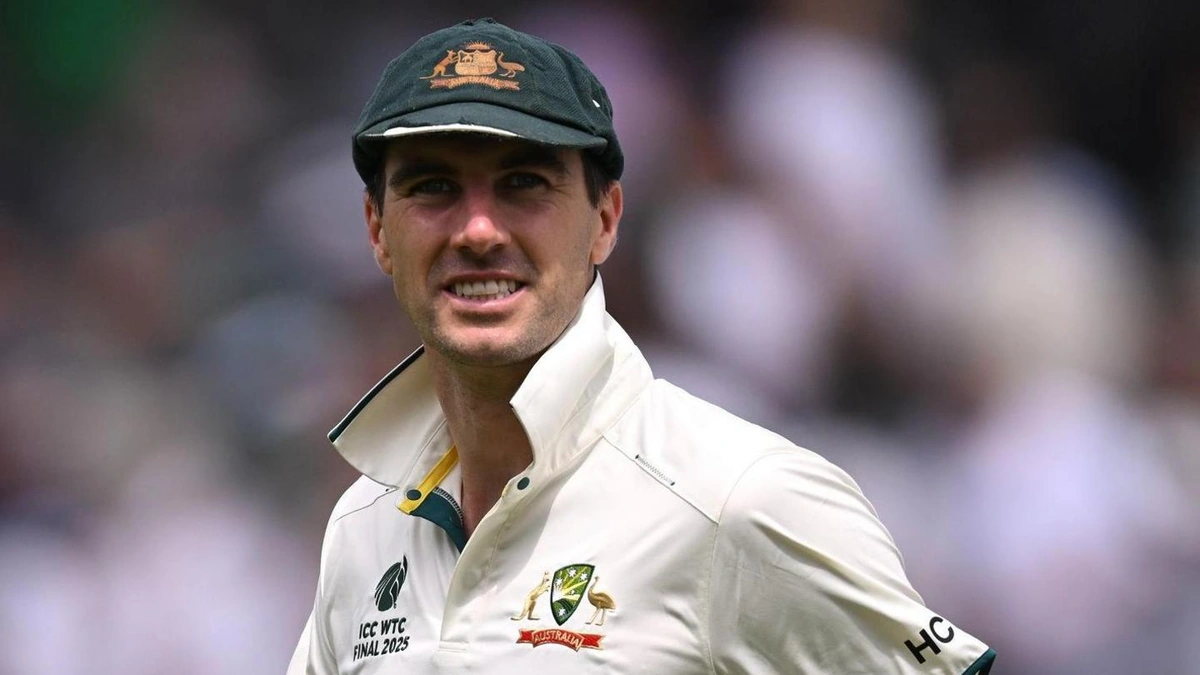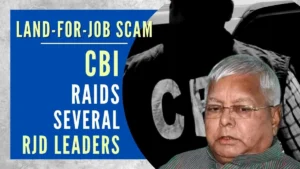Magnus Carlsen | The Chess Grandmaster
Magnus Carlsen. The name itself conjures images of intense concentration, nail-biting finishes, and chess mastery that seems almost supernatural. But who is Magnus Carlsen, really? Beyond the headlines and the tournament victories, what makes him tick? What makes him not just a grandmaster, but the grandmaster?
We’re not just going to rehash his biography here. You can find that on Wikipedia (check it out here). Instead, we’re going to delve into the “why” behind his success. Why has Magnus Carlsen dominated the world of chess for so long? What are the key factors that set him apart from his rivals? And, perhaps most intriguingly, what can we learn from his approach – not just to chess, but to life?
The Carlsen Style | Intuition Over Calculation?
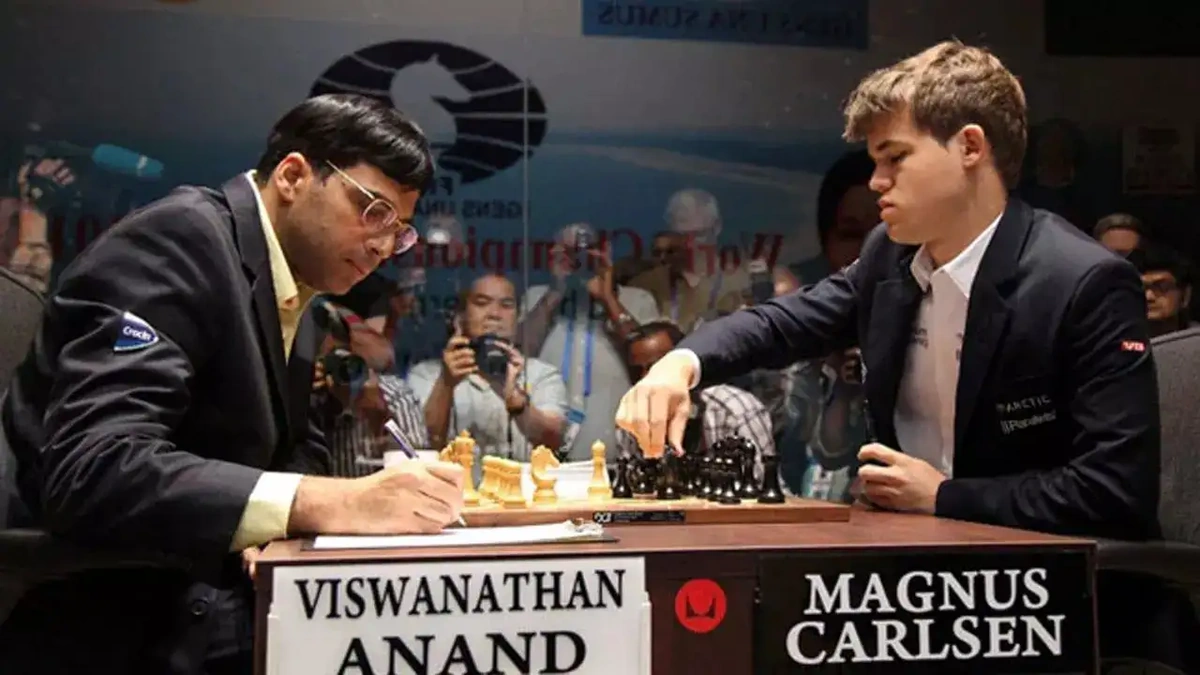
One of the most fascinating aspects of Carlsen’s game is his apparent reliance on intuition. Of course, all grandmasters calculate variations with incredible speed and accuracy. But with Magnus, there’s something more. It’s like he feels the right move, often choosing lines that aren’t immediately obvious to others.
Some say it’s pattern recognition honed over years of playing and studying chess. Others suggest a deeper, almost subconscious understanding of the game’s dynamics. Whatever the explanation, it’s clear that Carlsen’s intuition is a major weapon in his arsenal. This intuition is not innate, mind you. It’s built upon countless hours of study and practice. Think of it like a musician who improvises beautifully – their improvisation is based on years of mastering scales and chords.
This reliance on intuition can be seen in his endgame play. Endgame prowess is a hallmark of any great chess player, but Carlsen’s is particularly impressive. He often grinds out wins from seemingly drawn positions, exploiting the tiniest inaccuracies of his opponents. And he does it with a quiet confidence that borders on arrogance (but hey, if you’re the best, you’ve earned it, right?).
The Mental Fortress | Staying Cool Under Pressure
Chess is a mental game. It’s not just about knowing the openings and tactics; it’s about managing your emotions, staying focused, and making clear decisions under immense pressure. And this is another area where Carlsen excels.
He has a remarkable ability to remain calm and collected, even in the most challenging situations. You rarely see him showing signs of frustration or nerves. He’s like a chess-playing robot – but a robot with a killer instinct. A common mistake I see among amateur players is tilting after making one bad move, where they proceed to play even worse. Carlsen doesn’t tilt.
This mental fortitude is crucial for success at the highest level. The pressure in world championship matches is immense, with millions of people watching every move. The ability to block out the noise and focus on the task at hand is essential. He also has the capacity to learn from failures. If you want to explore the intricacies of chess strategy further, you can see a comprehensive overview of chess openings and tactics atChess.com.
Beyond the Board | Carlsen’s Broader Impact
Carlsen’s influence extends far beyond the 64 squares of the chessboard. He’s become a global celebrity, attracting sponsorships from major brands and appearing on television shows and in advertisements. He’s brought chess to a wider audience, inspiring a new generation of players.
But here’s the thing: Carlsen’s impact on chess culture isn’t just about popularity. It’s also about changing the way the game is perceived. He’s shown that chess can be cool, exciting, and even glamorous. He’s dispelled the image of chess players as introverted nerds (although, let’s be honest, some of them are!).
Moreover, his decision to relinquish his world championship title reflects a fascinating shift in his priorities. He’s clearly motivated by more than just winning titles. He seems to be driven by a love of the game itself and a desire to explore new challenges. What fascinates me is his ability to still find enjoyment in the game despite achieving almost everything. See how Alexander Zverev is working through these issues at this similar article .
The Future of Chess | What’s Next for Magnus?
So, what’s next for Magnus Carlsen? He’s still relatively young, and he could easily continue to dominate the chess world for many years to come. However, his decision to step away from the world championship raises questions about his future motivation.
Will he focus on other forms of chess, such as rapid and blitz? Will he pursue new challenges outside of chess altogether? Or will he eventually return to the world championship arena? Only time will tell. But one thing is certain: Magnus Carlsen has already left an indelible mark on the game of chess, and his legacy will continue to inspire players for generations to come.
Ultimately, Magnus Carlsen’s success boils down to a combination of factors: exceptional talent, relentless hard work, a deep understanding of the game, and an unwavering mental fortitude. But perhaps the most important factor is his passion for chess. He loves the game, and that love shines through in everything he does. As a chess grandmaster, he also represents the pinnacle of cognitive skills , demonstrating exceptional memory, strategic thinking, and problem-solving abilities. If you’re interested in the Vancouver Whitecaps be sure to check this article out.
FAQ Section
Frequently Asked Questions
How did Magnus Carlsen learn to play chess?
Magnus Carlsen learned to play chess at the age of 5 and quickly showed exceptional talent. He was largely self-taught, spending hours studying chess books and playing online.
What is Magnus Carlsen’s peak Elo rating?
Magnus Carlsen’s peak Elo rating is 2882, the highest in chess history.
Has Magnus Carlsen ever lost a World Championship match?
No, Magnus Carlsen has never lost a World Championship match in classical chess. He has defended his title multiple times.
Why did Magnus Carlsen relinquish his World Championship title?
Magnus Carlsen cited a lack of motivation and a desire to explore new challenges as the reasons for relinquishing his World Championship title.
What are some of Magnus Carlsen’s strengths as a chess player?
Magnus Carlsen’s strengths include his exceptional endgame technique, strategic depth, and mental fortitude. He is known for his ability to grind out wins from seemingly drawn positions.
Does Magnus Carlsen use chess engines?
While Magnus Carlsen undoubtedly uses chess engines for analysis, he relies more on his intuition and deep understanding of the game during actual play.
